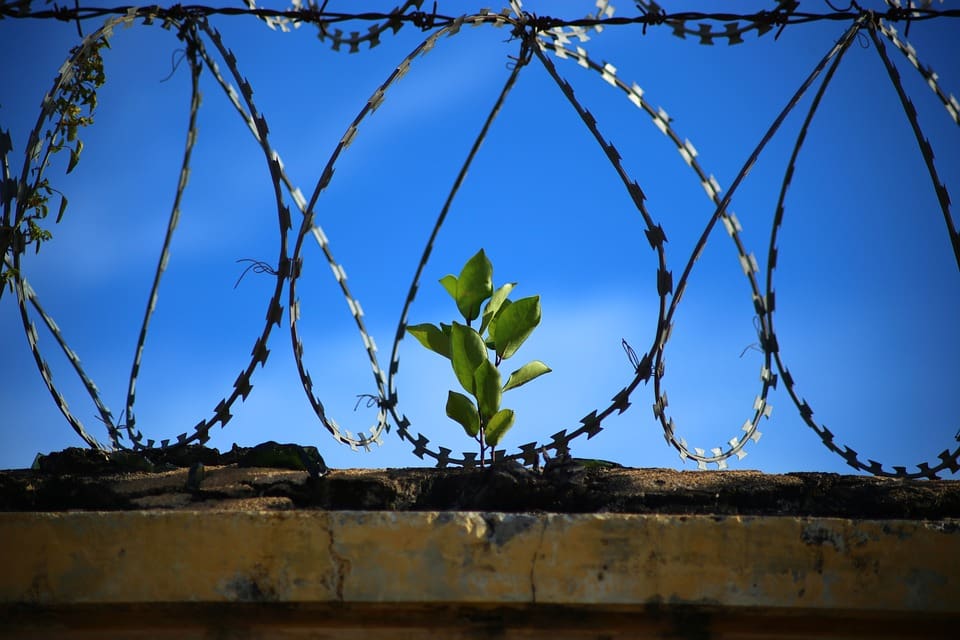Once a friend sent a message. It reads, she asked for recommendations from a doctor, midwife, or hospital that could do a female genital mutilation and cutting (FGM/C) -formerly known as female circumcision- procedure for her baby girl.
Surprised, I reflexively asked, “Why does your child have to be circumcised? Doesn’t the World Health Organization prohibit FGM/C because it’s not medically safe? Aren’t hospitals also prohibited from practicing FGM/C?”
This friend who graduated from an Islamic boarding school and lives in Jakarta did not budge. “But in our family baby girls have to be circumcised,” she said.
“Today, if our daughter is not circumcised, what will her future be? It can be ‘ferocious’,” he said again.
Then the conversation widened to the question of the meaning of ‘ferocious’ which my friend meant. Apparently, according to a friend of mine who he heard from his parents, as well as his extended family, FGM/C has become a hereditary tradition. There is no written obligation, but all baby girls in the family are required to be circumcised to maintain piety and also control their sexual desires.
Commissioner of the National Commission on Violence Against Women (Komnas Perempuan) Maria Ulfah Anshor called the FGM/C as a practice that endangers women. Apart from being an act of violence against women, having a serious impact on their reproductive health and sexuality, FGM/C is referred to as a violation of the right to life. Because it can threaten the baby’s life.
According to the head of Fatayat, the autonomous body of Nahdlatul Ulama 2000-2005, people should no longer practice traditions that endanger human life.
“In Islam, there is no mention of FGM/C as a condition for converting to Islam. So, something that is believed to be life-threatening because it follows tradition does not need to be continued,” she said in a public discussion organized by theWomen’s Empowerment and Child Protection Ministry in collaboration with Kalyanamitra entitled “Building Collaboration of the Parties to Prevention of FGM/C in Indonesia, Thursday 30 September 2021 via online.
The dangers of FGM were confirmed by doctor Muhammad Fadli Sp.OG, a specialist in obstetrics and gynecology at Pondok Indah Hospital, Jakarta. Medically, FGM/C is a life-threatening condition for babies or girls due to bleeding caused by cuts or incisions in the genitalia or, more precisely, on the female vaginal clitoris.
“All acts of injury in the female vaginal area can have a serious impact and result in infection, psychological trauma, to life-threatening due to bleeding,” he said at the same event.
He regrets that FGM/C is still happening to this day. Moreover, several research results and medical studies recommend the prohibition of FGM/C because it is dangerous. He explained the consideration of male circumcision for health reasons. While FGM/C has no health benefits at all.
“The urinary tract in the male genitalia is small, so it is necessary to cut the skin of the penis. Whereas in women the urinary tract is different from that of men and has no obstruction in the urinary tract,” he said.
In some areas he visited, the practice of FGM/C by traditional birth attendants neglects the safety of babies and girls. Male circumcision with skin incisions in medical procedures always uses anesthesia (anesthesia). But FGM/C is carried out directly by injuring and slashing the clitoris, the female sexual organ which has many nerves and blood vessels.
“So FGM is not only terrible, sadistic. But it threatens death,” he said.
Meanwhile, the Director of Rahima, an NGO that focuses on issues of education, Islamic information, and women’s rights, Pera Sopariyanti said that in Islam the practice of FGM/C does not have a strong foundation. Moreover, the tradition of FGM/C has occurred long before Islam existed.
“All the hadiths regarding FGM/C refer to the dhaif hadith (hadith that do not meet the criteria for authentic hadith). So the legal backing is weak,” Pera said.
According to Pera, some dhoif hadiths are used as a reference to carry out FGM/C to make more efforts to control women’s sexuality. Not for health and benefit reasons. So the tradition of FGM/C must be rejected because it brings harm.
“FGM/C is illegal because of dhoror (actions that can cause damage to others-Ed), moreover there are medical findings that prove the dangers of FGM/C,” he said.
According to UNICEF, Indonesia is in the top three countries that carry out FGM/C. The 2013 National Basic Health Survey found 51.2% of girls aged 0-11 in Indonesia had experienced FGM/C and this practice violated human rights because it put the lives of girls and women at risk.













